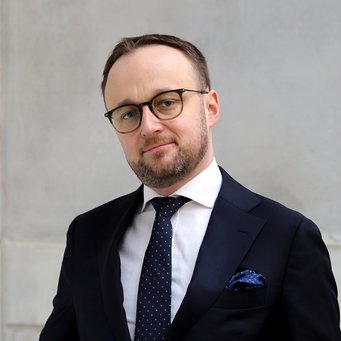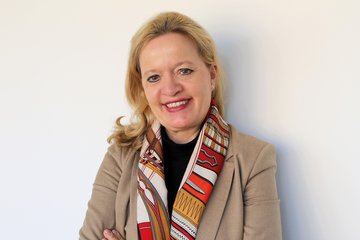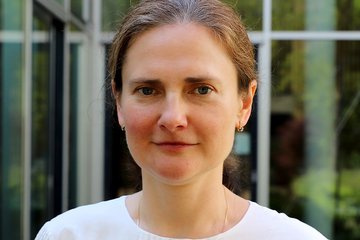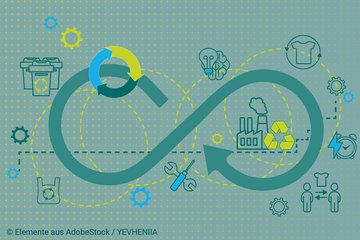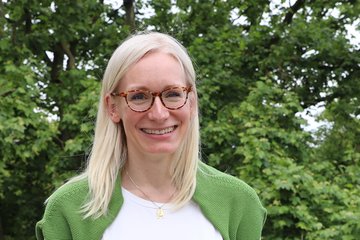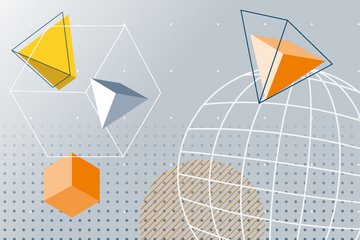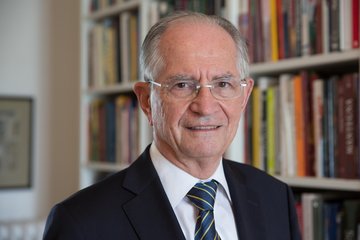Keeping an Eye on Digital Platforms
Two sides of the Atlantic discuss new technologies, consumer protection law, and social inequality
Private Law Gazette 1/2022 - From buying groceries, your checking account, and your insurance policies to leisure activities and vacation planning: Practically every mundane undertaking these days involves someone collecting and commercially exploiting your personal data. If this development was a slow burn before, the pandemic has poured on gasoline. Five research institutions launched a joint initiative to produce a seminar series exploring the socioeconomic consequences of the digital age in a legal context. The seminars took place online between September 2021 and April 2022, and big-name panellists from Europe and the United States showed up. One of the initiators of these interdisciplinary events was Mateusz Grochowski, senior research fellow at the Institute.
The series, entitled “Consumer Law, Technology and Inequality”, was started by an international group of scholars who were pursuing questions of private law, consumer protection, and the digital economy. “We wanted to create a space to exchange knowledge, ideas, and experiences across disciplines as well as across geographic boundaries”, Grochowski says.
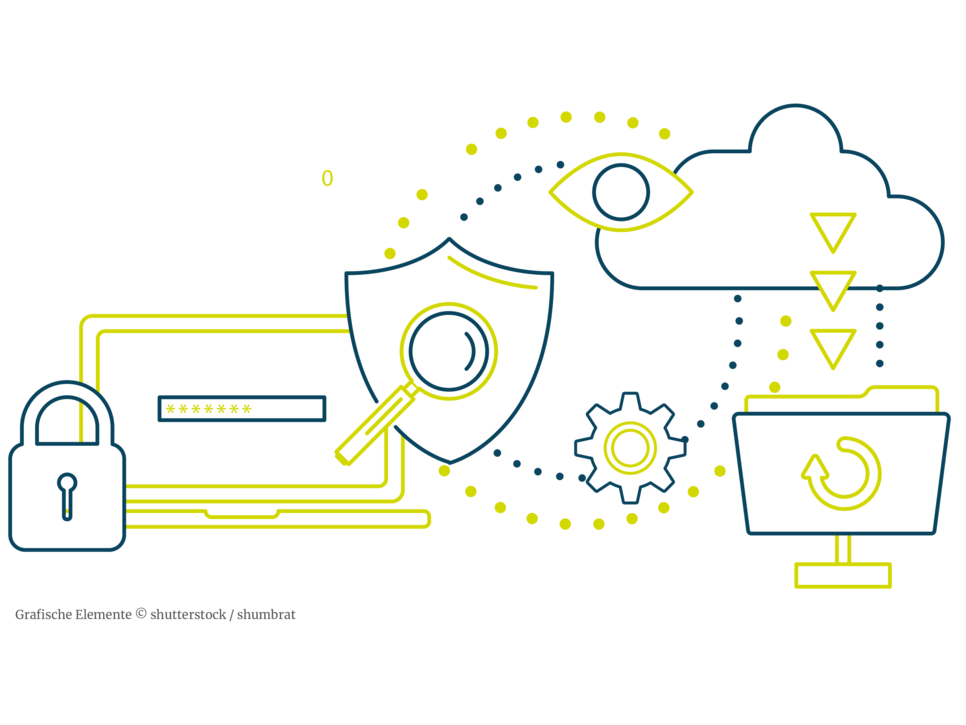
Technological advances and the growth of digital companies have brought about massive changes – not only in the economic landscape. Societies on both sides of the Atlantic are witnessing growing income inequality as well as disparities of wealth and social mobility. “Exacerbated social inequality is clearly related to the growth in the use of personal data by businesses, and so we wanted to analyse the two developments under one roof”, Grochowski says in summary of the examined topics.
A cooperation between New Haven, Hamburg, Florence, Berlin and Kraków
The Max Planck Institute for Comparative and International Private Law partnered with Yale Law School’s Center for the Study of Private Law, the Jagiellonian University of Kraków, the Free University of Berlin, and the European University Institute in Florence to bring together and moderate a dialog among scholars, policy makers, and social activists from Europe and the United States. The partner institutions were represented by Professor Daniel Markovits (Yale), Dr Przemysław Pałka (Kraków), Professor Dr Bertram Lomfeld (Berlin), and Professor Dr Hans-Wolfgang Micklitz (Florence).
Views from law, industry, and society
The topics of the individual seminars describe an arc from data protection and financial services to the significance of the digital economy and of online companies in the context of social inequality and consumer rights. Specific attention was devoted to major developments and trends unfolding now: How does mass commerce in goods and services via the Internet affect individuals and society? Where does social media come in? What does it mean when personal data functions like a currency? “Our aim was to develop a holistic view of how the new technologies are affecting the consumer marketplace. We thought it important that the discussion be broadened beyond the realm of academic debate”, Grochowski says. “It allowed us to spark a lively and inspiring discourse, both about diagnosing problems as well as about formulating legal policy solutions”.
Two streams of observations and different answers
Observations of two phenomena marked discussions throughout the seminar series: One, more than many people realize, consumer rights are central to combatting increasing economic and social inequality and promoting social justice. Two, there is a growing movement that sees legal tech as a force for good in strengthening consumers and consumer interest groups. And although lawyers and policy makers from either side of the Atlantic responded variously, each according to their own approaches and values as to how the law can and should step up and intervene, their responses also showed many common threads.
Robust interest
There was substantial interest in the seminar series from both the European Union and the United States. “During each event, participants were getting on from different time zones on both sides of the Atlantic and sharing their perspectives. People made serious use of the open question and answer sessions, and there were many spontaneous exchanges that spilled over the originally allotted time”, Grochowski reports; he moderated two of the seminars himself. “This positive response is one of the reasons we’re in discussions about possibly extending the series into 2022 and 2023”.
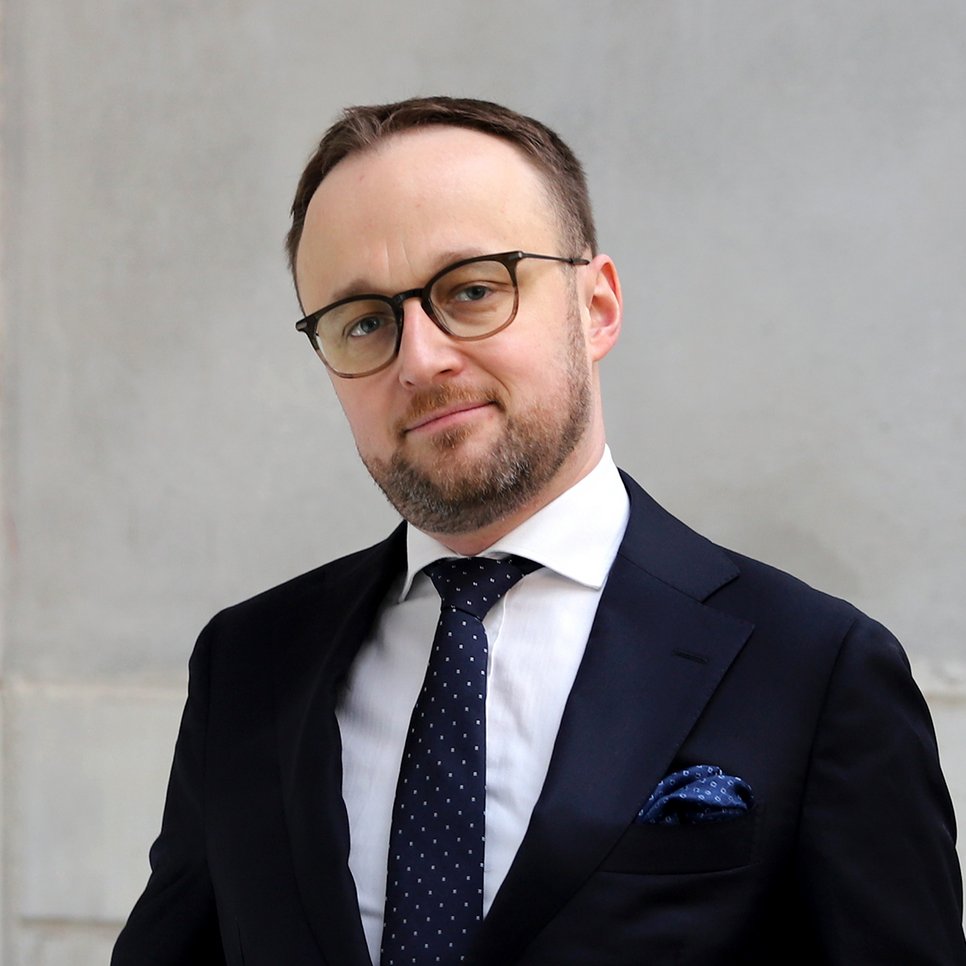
Dr Mateusz Grochowski, LL.M. (Yale) is an affiliated fellow with the Information Society Project at Yale Law School and studies digital services law with a group at the European Law Institute. Prior to arriving at the Institute in 2020, he was an Emile Noël Fellow at New York University, an Edmond J. Safra Fellow at Tel Aviv University, and a Max Weber Fellow at the European University Institute. He has held teaching appointments at the Fordham University School of Law, Münster University, the University of Trento, the European University Institute, Wrocław University, the College of Europe, and elsewhere.
Graphic: elements © shutterstock / shumbrat
Portrait Mateusz Grochowski: © Max Planck Institute for Comparative and International Private Law / Johanna Detering

